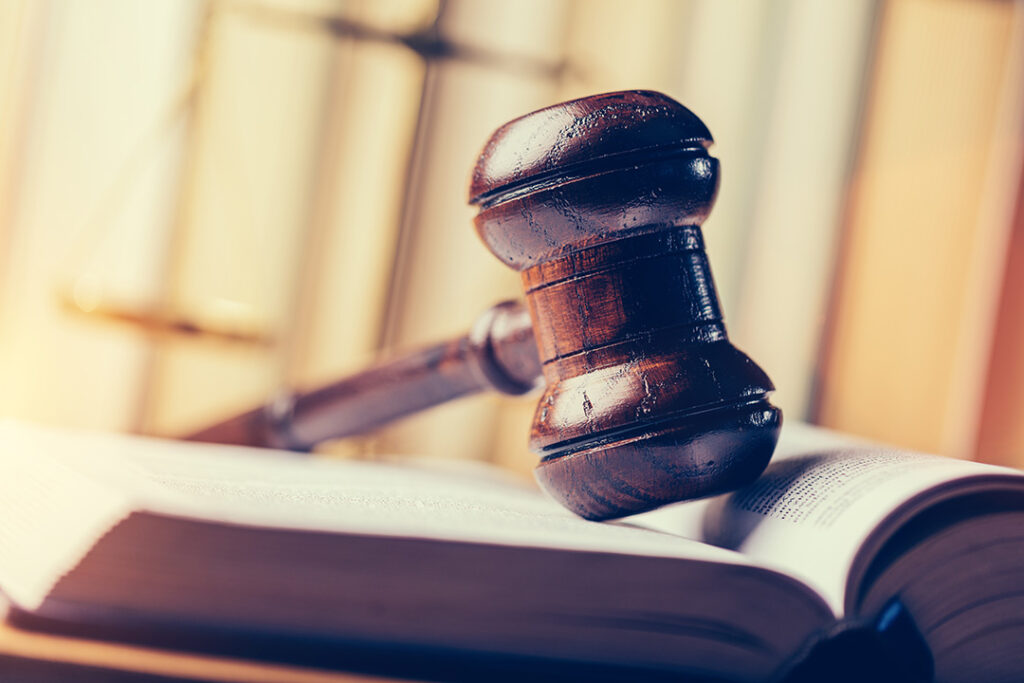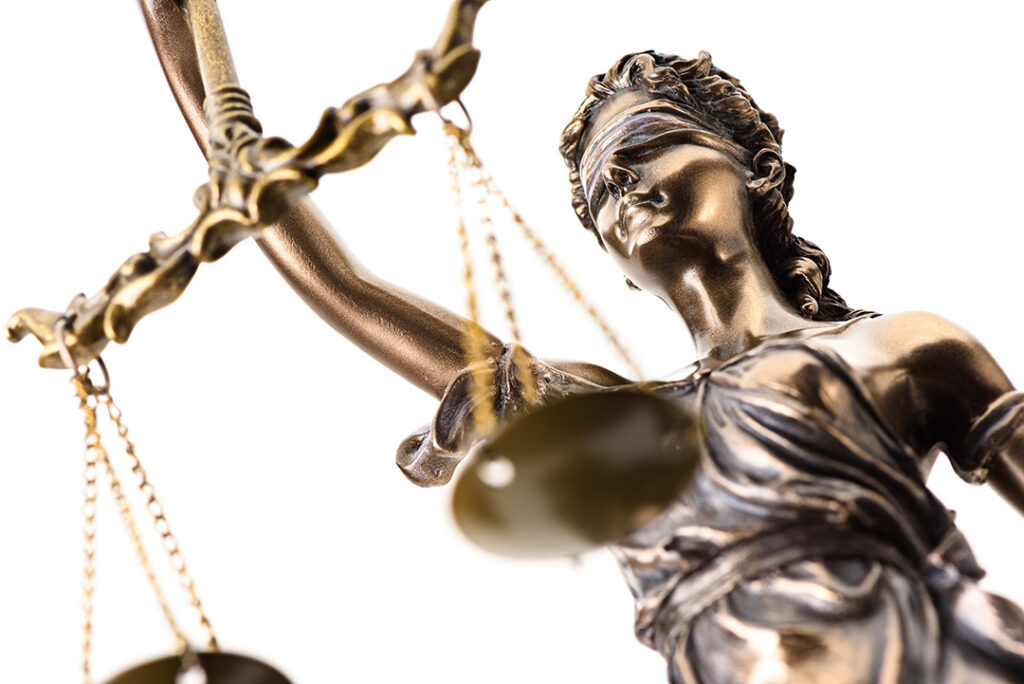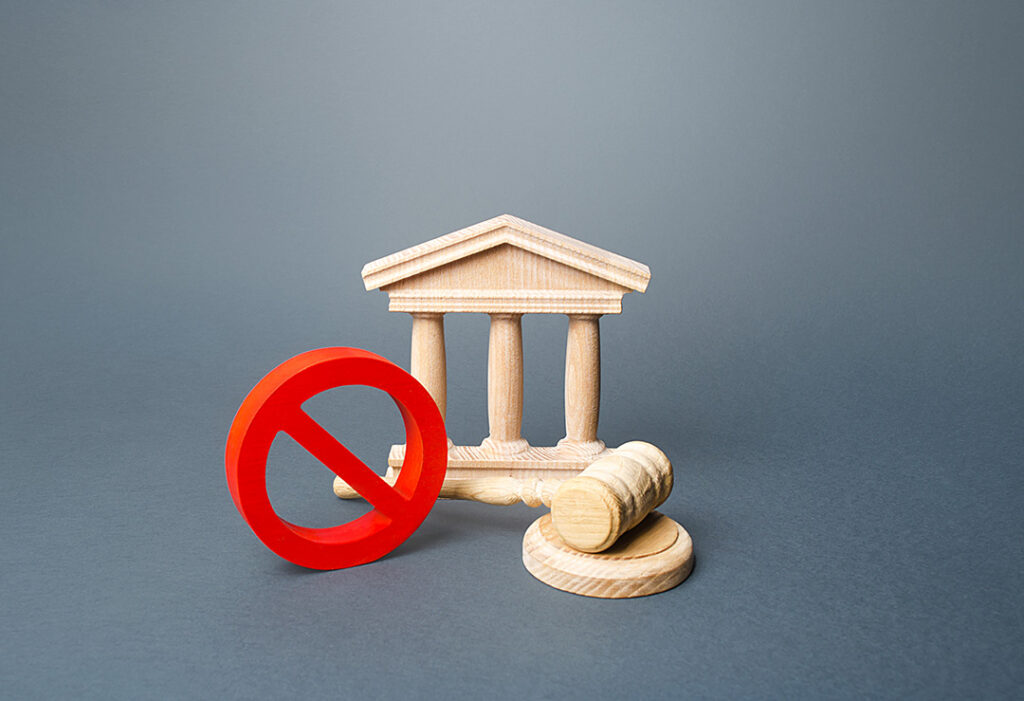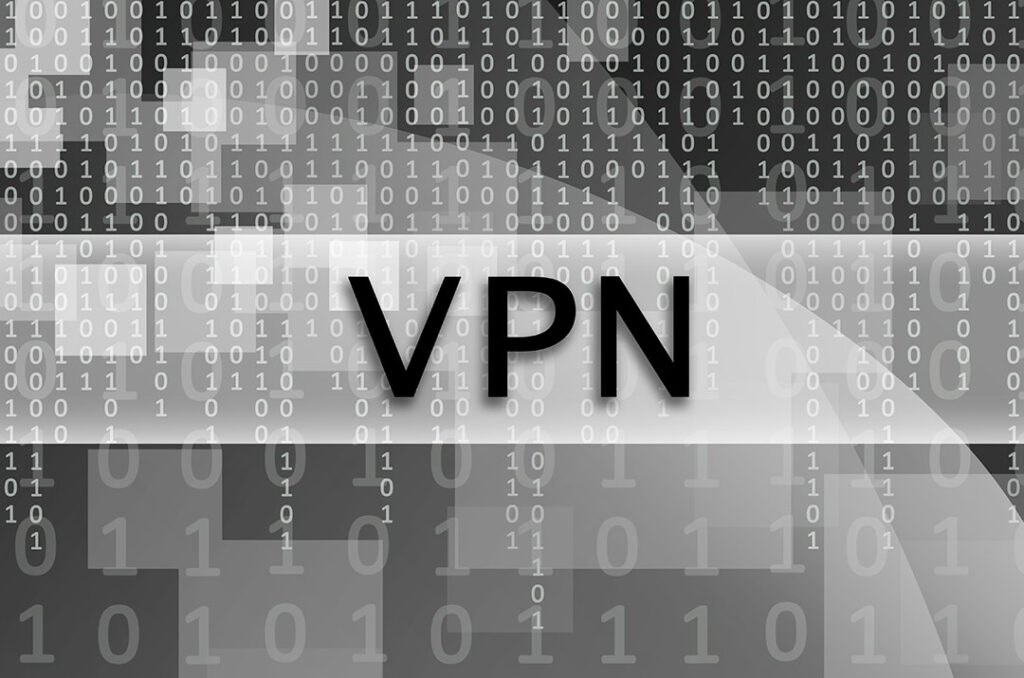In today’s digital age, the Internet has become a crucial space for businesses, and what people say about a company online can significantly impact its success. Negative reviews and false information leave a lasting impression. However, there are ways to rid the online space of this negativity and regain a positive reputation. We will discuss how companies can remove negative reviews from the internet and take control of public perceptions effortlessly. Learn how to manage your company’s reputation cleanly and seamlessly in the online sphere.
Classification of Negativity
Firstly, it’s important to identify and classify sources of negative information. These can include search results, social media, online media, forums, and even specifically created review sites. Different sources require different approaches to reputation protection and negativity removal.
The classification of negativity is also based on content: factual information or evaluative judgments. Claims about facts can be verified for accuracy, involving expert analysis or an examination of specific conditions. Evaluative judgments expressing the author’s personal opinion are protected by the right to freedom of expression, but their objectivity is often impossible to verify.
Examples of factual claims may include statements about underpricing work or illegal contest conditions, which can be checked for compliance with the law. In the case of evaluative judgments, such as reviews, it’s crucial to consider the freedom of expressing opinions, as they cannot be subject to legal action if they cannot be verified for factual accuracy.
Courts often view evaluative opinions as potential grounds for harm and compensation claims. It’s essential to consider the context, place of publication, writing style, and the author’s intentions. For instance, expressing an evaluative opinion about someone’s guilt in committing a crime may be a basis for legal action. However, the negative nature of judgments alone doesn’t always indicate malicious intent. It’s crucial to remember the freedom of speech, recognizing the right to hold negative opinions.

Combating Negative Information
There are several methods to combat negative information online, including both legal and extrajudicial approaches. One of the traditional yet effective methods is taking legal action regarding issues of honor, dignity, and business reputation.
Changes in the information protection law (Federal Law No. 149) have provided the opportunity to remove negative information from search results through legal means. Additionally, one can approach Roskomnadzor with a request to block links to negative materials.
Private individuals, registrars, hosting providers, and page administrators can be involved in the process of removing negative information if the appeal is well-founded and demonstrates potential risks to the resource owner.
Another method involves reporting the incident to law enforcement agencies as a criminal offense. If the responsible authorities support the complaint, swift results may be achieved.

The legal route is also a viable option, especially for protecting personal non-property rights such as honor, dignity, and business reputation. The Civil Code extends to the protection of the reputation of legal entities. The possibility of filing a lawsuit is not limited by time frames and can be initiated at any moment.
When filing a lawsuit, it is essential to clearly identify the respondent, who may be the author or the platform hosting the information. If it involves the media, legal action can be taken against the editorial board or the founder.
It is advisable to involve Roskomnadzor as a third party when addressing issues with negative information online. While not always achievable, if the requirements of this authority are met, it can block resources that have posted undesirable information, thereby supporting the enforcement of court decisions.
When choosing the respondent, it’s crucial to consider the presence of information intermediaries that facilitate technical interaction in data transmission. Holding hosting providers, social networks, and anyone providing the opportunity to publish information accountable is possible. Their liability is limited by the law, but if three conditions are violated – lack of initiative in transmitting information, no interference with content, and ignorance of rights infringement – the information intermediary can be held responsible.
Proving ignorance of rights infringement is possible by promptly responding to complaints from the affected parties. This may involve the removal or blocking of information and demonstrating a willingness to cooperate in accordance with the law.

The dissemination of information can be substantiated by consulting a notary or providing certified printouts of pages.
In court disputes, ultimately, the factor of information dissemination is proven, and the plaintiff must confirm the defamatory nature of the data. Such allegations involve actions or inactions that violate widely accepted norms of morality, ethics, and business conduct.
In general, the list of discrediting information is not subject to strict legal frameworks. If the claimant asserts that the information is defamatory, it is usually not difficult to prove.
On the other hand, the respondent must convince the court that the disseminated information, whether authored by a publication, journalist, media outlet, or website owner, is truthful. They do not disprove the defamatory nature of the information but demonstrate that all statements correspond to reality. In the context of protecting business reputation, it is crucial to first establish the fact of its existence. This can be supported by survey results, changes in revenue, the number of clients, and other objective statistics.

Court decisions are often based on the opinions of experts who assess whether statements are defamatory. Reputation management specialists, philologists, and other experts may be utilized to provide their professional opinions during the process.
It’s important to note that information about you from court records cannot be used as a refutation. Procedures for challenging court decisions are regulated by civil, arbitration, and criminal procedural codes. If a court decision is not overturned by a higher instance, it is considered true and cannot be removed from the internet.
When identifying defendants, it is crucial to pay attention to the potential involvement of media entities listed in the Roskomnadzor registry. Media outlets have a special status and can be defendants. Directly addressing them might be convenient, as approaching them directly can lead to a positive response and the removal of negative materials.

Media outlets also have specific limitations regarding refutation and removal requests, namely a time constraint. If more than a year has passed since the publication, media outlets are not obligated to fulfill these refutation requirements.
In cases where social media platforms are defendants, it can be more challenging to identify the person who posted the publication, especially if it was done anonymously or under a username instead of a real name.
Therefore, it is strongly recommended to directly contact the owners of the resources, network administrators, blog creators, social media communities, or their moderators if there are grounds for removing negative information. Typically, in such cases with clear and valid demands, the response is prompt, and the information is removed.
If a positive response is lacking, there is the option to resort to legal action. If the information is posted on review sites, it may be possible to obtain at least the IP address from the administration.
In the case of domains registered abroad, the situation becomes more complex, and it may involve special proceedings when the defendant is unknown. In such cases, a special procedure can be initiated, where filing a statement to recognize the information as defamatory allows you to protect your rights even if the defendant is unknown. The court can recognize the information as defamatory and issue an injunction against its dissemination.

This restriction also leads to the inclusion of a link to this information in the Unified Registry of Domain Names. When this link is entered into the registry, communication operators and internet service providers block access to this information in accordance with the legislation. This ensures an effective website blockade in Russia, unless, of course, users employ circumvention tools such as VPNs.
After the court recognizes the information as defamatory and prohibits its dissemination, it is sufficient to provide a copy of the court decision with the annotation of its entry into force to Roskomnadzor. This can be done electronically by filling out the corresponding form on the official Roskomnadzor website. Within three days, Roskomnadzor will notify about the inclusion of the link in the registry.
In practice, there are situations where general jurisdiction courts may not fully grasp the essence of the problem and may direct the plaintiff to identify the defendant, demanding the disclosure of their identity. This may require additional time and expenses to appeal court decisions, prolonging the process.
Another possible solution is to involve intellectual property protection. If the information concerns a company and affects its intellectual property, such as trademarks, brands, or trade names, tools for protecting these rights can be utilized.
For instance, negative reviews may contain photos, videos, or trademarks of the company, which constitutes a violation of intellectual property rights. The company can request the removal of these materials and even demand compensation for the unauthorized use of its results.
The competition protection law can also be utilized if the publication is made by competitors. Filing a complaint with the Federal Antimonopoly Service (FAS) may lead to the initiation of a case on violation of antimonopoly legislation and the imposition of significant fines. It is crucial for the defendant to genuinely be a competitor and operate in the same industry or geographical area.

Finally, the “right to be forgotten” law provides individuals with the opportunity to have links removed from search engines if the publication causes harm and there is a real possibility of its occurrence.
In brief, here is the procedure: every Russian citizen has the right to approach the operator of a search engine with a request to remove links containing negative information. To do this, it is necessary to fill out a special form provided on the search engine websites, indicating the links that need to be excluded from search results. Search engine operators are obligated to remove information whose dissemination violates the law, is inaccurate, outdated, or has lost relevance for the applicant.
For example, this could apply to scandals that involve the applicant and surface on the internet, undermining their reputation. The law also allows the removal of information whose dissemination violates the law on the secrecy of private correspondence.
There is also the option to directly contact Roskomnadzor before resorting to court action. This involves providing a link to the information through the form on the Roskomnadzor website and demanding its inclusion in the Unified Registry of domain names containing prohibited information. Roskomnadzor must respond to such requests within 10 days.
If Roskomnadzor’s requirements are satisfied, a user from Russia accessing the specified link will see a notification of the website’s blockage in accordance with the law or a 404 error page, indicating that the page is not found, depending on the settings of the communication service provider.

Another step in the action plan is to contact law enforcement agencies, the police, or the court. In cases where the disseminated information is negative, contains knowingly false statements or defamation, the actions of the author may constitute a criminal offense under Article 128 of the Criminal Code. Any citizen, not just the victim, is obligated to report the crime, for example, to the court. Such cases are considered by magistrates. Alternatively, one can approach the police, providing detailed information about the location of defamatory information, substantiate its falsehood, and specify whose honor and dignity are being disparaged.
Courts or the police have 10 days for preliminary investigation, with a possible extension to a month. After this period, a decision is made on whether to initiate criminal proceedings based on the complaint or to refuse initiation. If the case is initiated, an investigation will be conducted, and the materials will be handed over to the court for consideration. The court renders a verdict, whether it’s accusatory or exculpatory. The author may be fined or subjected to compulsory work. The entire process can take up to six months.
However, there are difficulties in proving that a legal entity can be a victim. This path is likely unavailable to legal entities. For individuals, however, this option exists. In this case, immediate compensation or reimbursement cannot be expected, as the criminal case is pursued on behalf of the state. The collected fine is allocated to the budget.
The Prosecutor’s Office, along with the court and the police, adopts a similar approach. It exercises general supervision over compliance with the law and may consider the dissemination of defamatory information as an object of prosecutorial oversight. The Prosecutor’s Office can issue an order to eliminate the violation of the law and remove the information, as well as transfer the case to investigative authorities to check for the presence of a criminal offense and the possibility of initiating criminal proceedings.
When addressing private individuals, it is important to collaborate with domain registrars, administrators, hosting providers, and community administrators. Typically, with evidence of harm and risks, a positive outcome can be expected. Claims must be targeted and persistent, involving various authorities such as courts, antimonopoly services, law enforcement agencies, and even resource owners.

In conclusion, it is important to emphasize that one should not expect any of the mentioned tools to necessarily lead to success. Effectiveness is achieved only through collaborative efforts in various directions:
- Interacting with the authors of the publication,
- Seeking legal remedies through the courts,
- Collaborating with antimonopoly services,
- Engaging with law enforcement agencies,
- Communicating with the owner of the resource, registrar, and hosting provider.
Seeing comprehensive actions from all sides, the author of the publication should recognize the seriousness of your intentions, your persistence, and your ability to consistently apply efforts to achieve the goal. It is likely that if they do not resolve the issue on their own, one of the initiated mechanisms will lead to a positive outcome. We encourage the use of a comprehensive approach for effective protection of your reputation on the internet.
If you require support in SERM / ORM (Search Engine Reputation Management / Online Reputation Management), please leave us a request in the form below. We guarantee to find an optimal solution that meets your needs.
0 Comments on "Without a Trace: Removing Negative Content About a Company Online"